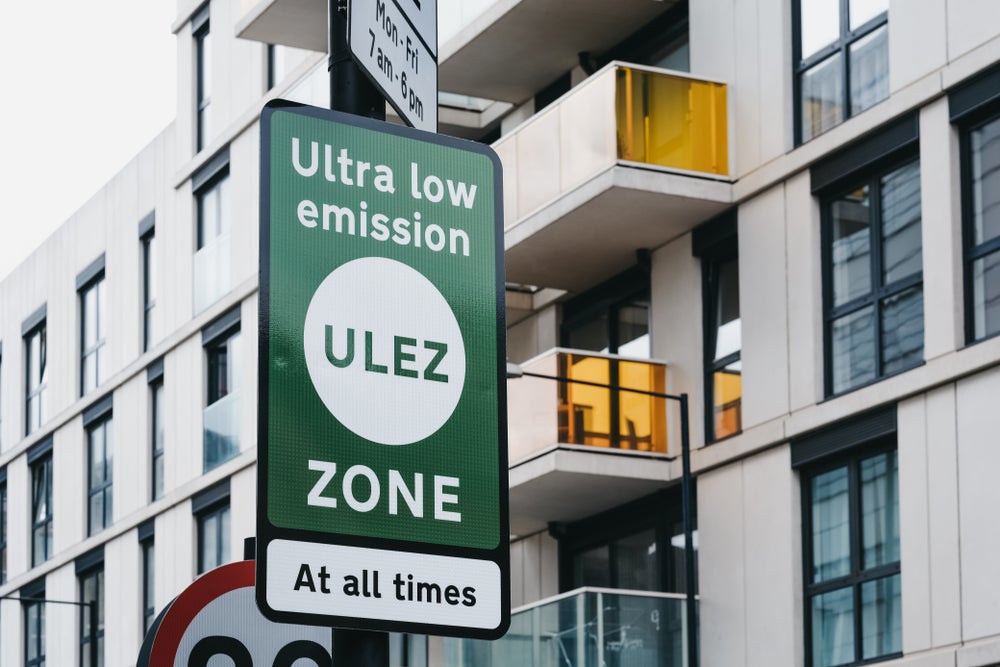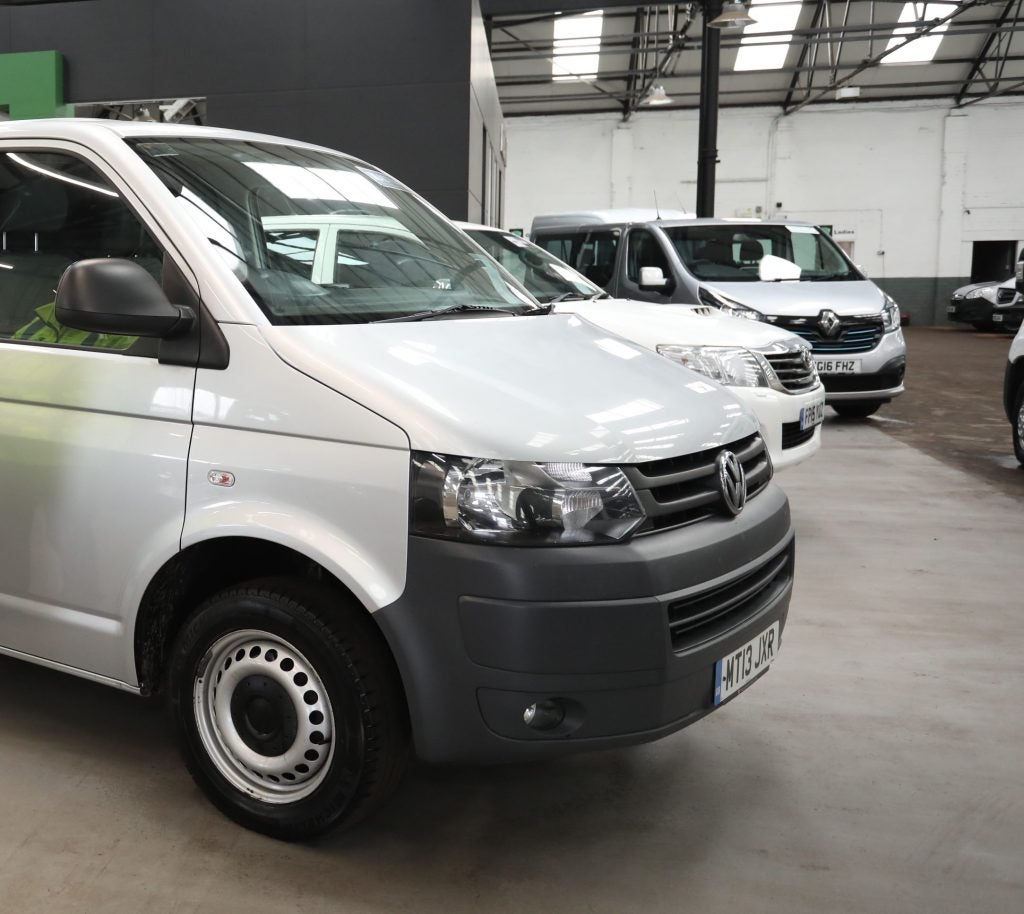|
By focusing on service similarities rather than differences the
large leasing companies are successfully growing pan-European fleet
operations despite fiscal rules varying widely from country to
country.
While operational considerations differ in terms of the ways in
which leases are positioned from a tax perspective, the methods by
which drivers are taxed, and instances when VAT can or cannot be
reclaimed, there are many common factors, such as fuel and
maintenance costs and techniques to manage vehicle depreciation,
which are essential components of all company car supply agreements
regardless of geography.
Legislation from the European Union (EU) has created a more level
playing field across national economies in Europe, and has also
introduced new requirements for companies to adhere to strict
health & safety regulations and stringent CO2 emission
levels.
This harmonisation has put pressure on leasing companies to
develop competitive pan-European offerings, as customers expect
them to offer a comparable level of service across borders, and
this is helping to accelerate the rate at which less developed
countries are catching up in terms of sophistication.
Motor vehicle leasing expert, Professor Peter Cooke, of the
University of Buckinghamshire, says that pan-European expansion is
being driven on the supply side by the big players looking to
operate across Europe, and on the demand side by customers looking
to deal with a single company they are familiar with.
Cooke identifies ALD, Alphabet, Arval, DaimlerChrysler Fleet
Management (DCFM) and LeasePlan, among others, as being at the
forefront of this trend.
Fewer players, Arval finds
Research by Arval shows that the pan-European leasing sector is
currently experiencing a period of substantial consolidation, with
GE, LeasePlan, ALD and Arval between them predicted to take a
dominant 40 per cent market share by 2010, up from an estimated 17
per cent in 1998 and 30 per cent in 2006.
Arval currently has 68 international clients with the average
number of countries per client up from 6 in 2003 to 11 in 2007,
demonstrating the increasing demand for cross border
services.
Shaun Sadlier, head of international accounts UK at Arval, says:
“Car leasing is a growing market and having an international
division enables Arval to deliver a consistent pan-European
approach. It also gives us the opportunity to share best practice
with our alliance partners, for instance in terms of offering the
same methodology and training.”
Arval’s international prospects and customers are managed by
the company’s International Business Office, which works closely
with its subsidiaries in the relevant European countries.
Sadlier continues: “With a tender that comes from a mature
market, like the UK or the Netherlands, the complexity is far
greater, but the services required for operations in central and
eastern European countries are simpler at the moment. While an
international agreement will cover the main areas of terms and
conditions, local agreements are still required to take into
account specific local taxation and legislation. We are looking at
a European contract but it’s a lengthy process.”
Arval reports that its customers now frequently ask not only
for the supply and management of individual cars but also the
provision of cost savings, and that client demands are now evolving
towards the total outsourcing of all fleet management
services.
A lot of the markets in European countries outside the UK are
much more consolidated towards the larger fleet management
providers, and the smaller local operators will come under further
pressure with the growth of cross border deals.
Arval now operates in 23 countries and, as well as its own
sales initiatives, it actively uses the contacts of its parent
company, BNP Paribas, which has a presence in over 85 countries, to
facilitate deals.
The company recently secured a prestigious three-year
contract with confectionary giant Cadbury Schweppes to supply and
manage up to 4,000 vehicles across Europe, including in Poland, the
Benelux countries, the Czech Republic, Turkey and Russia. Jason
Pereira, senior category manager at Cadbury Schweppes, comments:
“Their ability to deliver a quality service on an international
stage was a key decision factor.”
Spotting potential
ALD Automotive is the leasing and fleet management arm of the
Société Générale Group. It currently operates in 35 countries
worldwide and manages more than 650,300 vehicles.
In addition to setting up in emerging markets such as Brazil,
China, India and Russia, the company was quick to see the potential
of a pan-European approach, and now has operations in ‘new’
European countries including Croatia, the Czech Republic, Estonia,
Hungary, Lithuania, Poland, Romania, Slovakia, Turkey and the
Ukraine.
Even Sadlier of Arval admits that ALD has raised its game
significantly in the last 12 months, and Keith Allen, managing
director at ALD, says: “By forging partnerships with one company
with a consistency of service, and products tailored to the
idiosyncrasies of individual countries, customers can achieve their
pan-European or global leasing and fleet management contract
objectives.”
ALD has eight international key account managers supported by a
network of nationally-based account managers. While master frame
agreements are discussed and signed at an international level, and
arranged from the client’s country of choice, operational
management remains local.
ALD says the UK and the Netherlands are comfortably the most mature
fleet markets, with operations in France, Belgium, Germany,
Switzerland, Austria and Scandinavia continuing to offer
competitive opportunities, while growth in southern Europe – Italy,
Portugal and Spain – is expected to provide expansion opportunities
in the region of 8 to 14 per cent per annum.
Pascal Serres, sales and marketing director of Paris-based
ALD International, which co-ordinates the company’s global
activities, comments: “Multinational companies want to deal with
recognised major companies. They are nervous about undertaking
deals with smaller local companies in terms of central
organisation. Because we have now opened in so many countries we
have a successful model within ALD Automotive which we can
replicate very quickly and we also have an integrated IT
capability.”
ALD is keen to stress the green credentials of its fleet. In the
Nordic countries and the Netherlands an ALD initiative called ‘The
Fuel Race’ offered prizes for the best drivers in terms of their
fuel consumption measured against the combined cycle fuel economy
of their cars, while in France, ALD International is evaluating a
fleet of electric vehicles with a view to making them available to
customers in the near future.
For counties such as the UK and France, where the tax
structure has been a major influence in encouraging company car
drivers into lower emissions vehicles, ALD is developing a new IT
tool that will enable companies to calculate the carbon footprint
of their transport operations.
Serres concludes: “Drivers in the corporate sector always
used to choose the most powerful car possible in their grade,
because they viewed it as a status symbol, but today drivers are
switching to less powerful and smaller cars and that shows
responsibility.”
Stepping stones
Meanwhile, LeasePlan International identifies three phases in a
global or pan-European fleet deal. Step one is to get price
improvements and benefits of scale in place by exploiting the
leasing company’s strong negotiating position in dealings with car
manufacturers, tyre manufacturers, fuel suppliers etc. Step two is
to reduce the price as much as possible by getting the details
right, for example by taking proven practices, policies and
structures from a broad range of countries and using these to set
international standards. Finally, step three is take advantage of
the initial phases by making long-term commitments and delivering
ongoing benefits by building momentum and using a high level of
outsourcing.
LeasePlan International is a separate company within the
LeasePlan group with a mandate to negotiate deals with companies
that want to take their business onto an international scale. It is
an independent unit with its own profitability targets that works
closely with the 29 LeasePlan country organisations which manage
the day-to-day activities.
LeasePlan International currently has 95 customers with
280,000 vehicles between them, and this makes up approximately 25
per cent of the LeasePlan group’s total business.
Of these 95 customers, the largest has more than 18,000
vehicles across 12 countries, while the smallest international
customer has just 500 vehicles.
As well as business it generates itself, the international
division can engage with global or pan-European prospects that are
passed up to it from LeasePlan’s local country organisations. It
then negotiates and implements an International Cooperation
Agreement that takes precedence over any local or national
deals.
Matt Dyer, managing director of LeasePlan International,
says: “To meet the needs of our customers we can’t be completely
autonomous. There’s no question in my mind that any international
deal is only as good as the local deals that underpin it.”
LeasePlan identifies the UK, Germany and France as the main
European markets, and estimates that these three make up 70 per
cent of the company car market in Europe, and, typically, 70 per
cent of a pan-European customer’s fleet.
Dyer concludes: “It’s about a lifecycle approach. You need people
who are going to be interested in going on a journey with the
customer, supporting best practice, negotiating with manufacturers
etc., and that doesn’t stop six months into the deal when the main
countries have been implemented. An international deal is about an
ongoing commitment.”
International agents
Daimler Fleet Management (DFM) structures its pan-European business
through independent country units and a central Fast Response Team.
The European Fast Response Team has members in each country of
operation and plays an important part in quoting for multinational
tenders.
DFM recognises the wide range of fleet profiles that exist in
different European countries, for example, different taxation and
legal systems and also differences in new car prices and resale
value expectations. It also accepts the dissimilarity in national
attitudes towards the main purposes and importance of the company
car.
Paul Harrop, sales & marketing director at DFM UK, says:
“The best strategies aim for coordination rather than applying a
simple one-cost-fits-all commodity method of purchasing. This means
that local issues have a much better chance of being identified and
solved.”
He continues: “It is important for the fleet partner to
understand the objectives of the company, including its corporate
social responsibility charter, environmental policy and health
& safety policy. A clear vision of overall requirements is
essential, whether these requirements be for cost reduction
consistency, global reporting or a combination of factors.”
Cross-border leverage
Alphabet’s international customers represent over 20 per cent of
its total fleet portfolio. The company has a ten-strong
International Sales & Key Account Management team, based in
Munich, which works closely with its local in-country teams and
focuses on the acquisition and management of international
customers, sales coordination between countries, sales steering and
strategic sales projects.
Alphabet’s International Key Account Management Programme
offers regular strategic review meetings, international
consolidated reporting and support to optimise fleets, for example
through projects dedicated to sustainable fleet management.
For purchasing, Alphabet has international agreements with vehicle
and tyre manufacturers, fuel card providers and rental companies,
and it negotiates with national networks to obtain the best
coverage and service standards in each country.
Cultural differences
Peter Kainradl, managing director of software and consulting firm
White Clarke Europe, which has offices in the UK, USA, South
Africa, Australia and Germany, says: “European countries are moving
closer together in terms of the legal frameworks for leasing, so it
is easier to have common operations and processes across
Europe.
“However, it is critical to keep a local presence as there are
subtle differences between countries that can be difficult to
implement, for example, in how payments and arrears are collected,
access to credit information about companies and individuals, and
what you can and can’t do. Companies should think global and act
local.”
Kainradl warns that international deals are not without risk for
the leasing companies. “There can be benefits to centralising
operations, but you have to have solutions for each country taking
into account levels of sophistication. If you get it wrong you can
cause yourself a lot of problems. Just because you enter a market
does not mean it belongs to you as you will be competing against
established players.”
With an ever-increasing number of multinational companies signing
up to cross border fleet deals covering more and more countries,
the fiercely competitive pan-European leasing market is well set
for further rapid growth.

|









